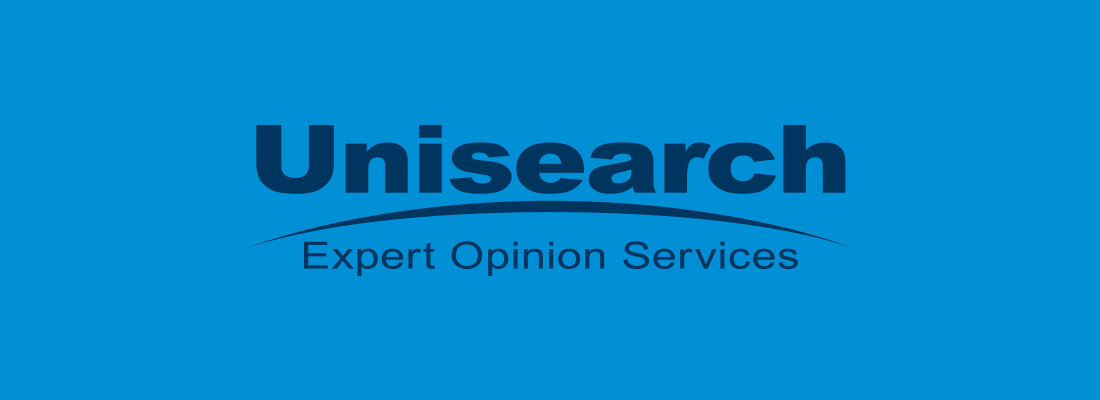

| NEWS | AIDA | DIARY | CONTACT | UNISEARCH | HOME |
Unisearch Unisearch provides a list of lawyers’ top tips when briefing experts. 1. Eliminate any potential conflict of interest before briefing a potential expert. For example, discretely ask: “Are you involved in a case concerning dredging? Is the case in WA? Can you describe the matter?” 2. Detail any deadlines, hearing dates and expectations of timing, and state if an appointment or site visit is required. 3. When instructing the expert, explain the way the opinion will be used, the expert’s obligations and the limit and scope of the brief. Verbally discuss the case and relevant issues with the expert to clarify the basis of your instruction, but always follow that up with a written letter of instruction. 4. The primary reference point for expert opinions is the letter of instruction so the wording is important. Ensure key issues, facts and assumptions are identified and questions for the expert are as specific as possible. 5. If you require a draft report, clearly set that out in the letter of instruction and verbally confirm the expert understands they are initially preparing a draft. 6. When initially briefing the expert, explain that you will review their report for clarity of expression and format to ensure the legal tests of admissibility are addressed. That will set expectations in advance with the expert about your role in finalising the report. 7. When briefing, if you refer to any inclusions, ensure they are relevant. Be prepared for the expert to rely on them and list them in their report. If additional information is required, clarify who is the source of that information. 8. Always include a copy of the expert witness code of conduct and instruct the expert to acknowledge it. For more briefing tips, including a link to a sample letter of instruction, go to https://www.unisearch.com.au/find-expert/briefing-tips or call Unisearch on 1800 676 948. |
Resolve is the official publication of the Australian Insurance Law Association and
the New Zealand Insurance Law Association.

